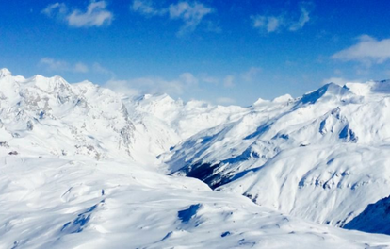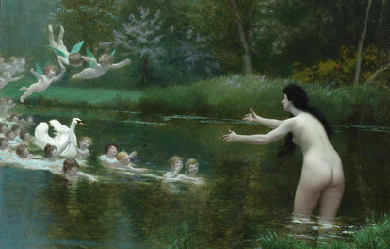
The Exploratory Genius
The Exploratory Genius
He received his PHD in music composition at Berkeley. He wrote a symphonic piece that was performed by the New York Philharmonic at Carnegie Hall and received a standing ovation.
Ever since he was a child, music came easy to him. He experimented with every sound at the piano he could find. He could hear unfamiliar sounds in his mind and could write them down at an early age. Like a fish takes to water, he took to music.
After he graduated magna cum laude, he was familiar with just about every form of music there was. In order to create something new, he thought he had to go back to the basic philosophy of sound and work from that. Music is the embellishment of sound, but before it was music, it was just pure sound that laid there. He tried to unlearn what he had learned, like Siddhartha at the threshold of his transcendental meditation. It was a difficult task to undertake, but he accepted that challenge. If he could unlearn, he could work from the basic fundamentals of sound and go on a different musical path that he had gone before.
It took him back to when he was an infant and heard voices for the first time. Sound was a new and vibrant thrill. It was the evolution of silence that he was unfamiliar with and fascinated by. If he could create from there before music was heard, it would be a new form of music, some sort of primal expression. Like Siddhartha, whose goal was to lose his desires and be one with God, he wanted to lose his musical intelligence and explore his fascination with sound, minus the music, that desire to intellectualize it. He thought music was the materialization of sound and not its enhancement.
The only trouble with his undertaking was it took him back to when he was an infant, so his music became infantile. A child could create music like he did. At a child’s recital, the audience was more appreciative of their child’s music than they were of his, but yet he still persisted on pursuing his new concepts. People laughed at his ideas. What took him all those years to perfect his craft, he threw away. He started drinking to forget what he had done. His wife and children gave up on him and moved away.
The poor lonely man was too intellectualized to be moved by music any more. He forgot one basic principle of composition. Music is multifarious. Every musical idea is created from another that is created from another. He didn’t have to leave music out the equation. Music is the language of the romantic spirit, in accordance with the joy of love. There is no romance in primal sound, just sound waiting to be loved and romanced.


















